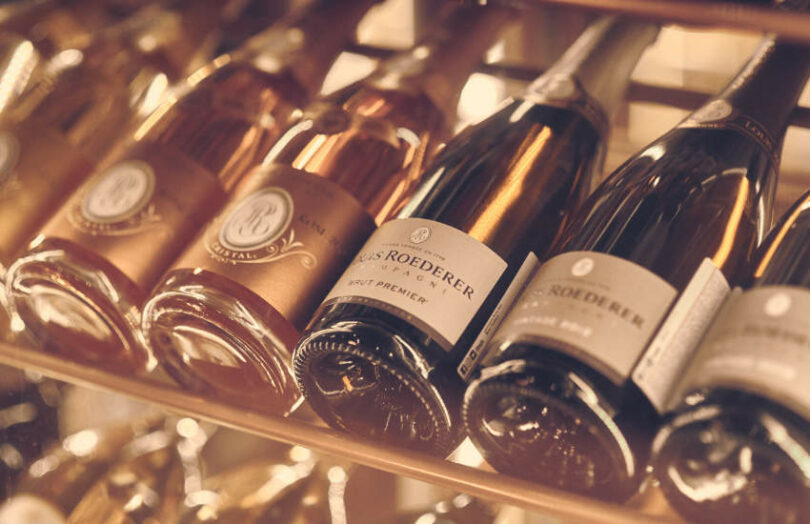Champagne houses Louis Roederer, Fleur de Miraval and Henri Giraud have agreed to sell ‘wiNeFTs’ on the WineChain platform. As a digital asset backed by the physical bottle, WineChain NFTs aim to enable traceability and accessibility of fine wines to a new generation of connoisseurs. According to this tweet from WineChain, around 15 wine estates have registered on the WineChain platform.
Apart from authenticating bottles with a proof tag which can be tracked using blockchain, the company also provides winemakers with access to winery client lists, storage and logistics facilities, and sustainable digital transactions. This is one of the key potential benefits of NFTs not just to wine brands but to any brand: the ability to learn more about their customers across channels and build a community of wine enthusiasts.
This benefit was mentioned by the management of Louis Roederer when it participated in the €6 million funding WineChain received in September 2022 from several prominent wine families.
Web3 innovation for wines provides additional benefits for wine producers. Since wine is an asset class, linking tokens to the value of the bottles would be of use to resellers if its value increases in time. The top tier wines are already traded internationally, but for others, NFTs allow the expansion of the product across borders, enabling people from around the world to discover and trade them.
Given the variety of benefits, other companies provide similar services to WineChain. Crurated is a membership-based wine delivery service that uses blockchain technology to ensure the product’s authenticity while connecting wine enthusiasts with its producers. In Singapore, the TATTOO wine marketplace runs on Ethereum and traces wine bottles from origin to delivery. Turning to spirits, LVMH’s Hennessy has launched several NFTs and a web3 social club, and Metacask focuses on tokenized spirits.
“By creating NFTs for each case of wine straight at the source, wineries will have a transparent data driven view of their customers, will be able to store the wines in perfect conditions while the wine is being traded and will be able to benefit from royalty fees on the entire secondary market,” said Max Mersch of Fabric Ventures, one of the companies that backed the €6 million funding of WineChain.
Reports on the wine industry indicate a positive sentiment overall. According to the Liv-ex report that covers trends in the fine wine market, the industry has remained fairly stable and serves as an inflationary hedge in terms of its value, with wine trades outperforming equities and commodities. Simultaneously, the market has also witnessed a more measured approach to buying, with consumers buying less but better.







